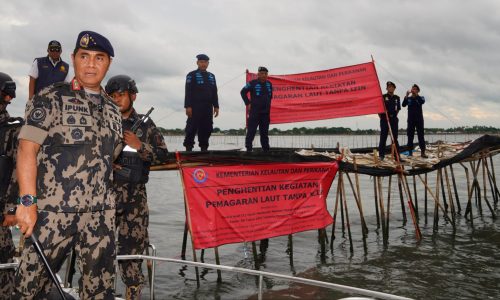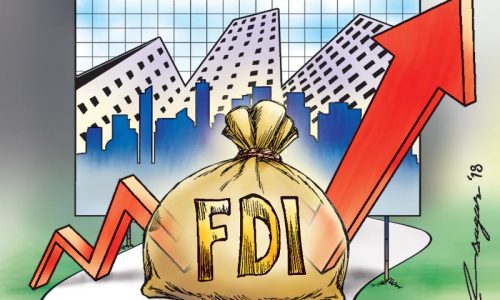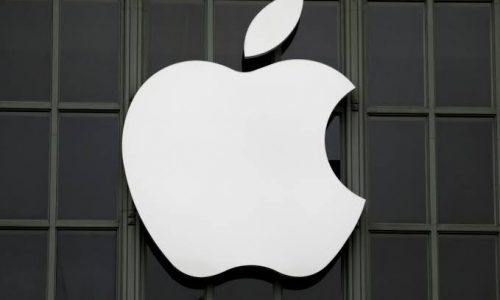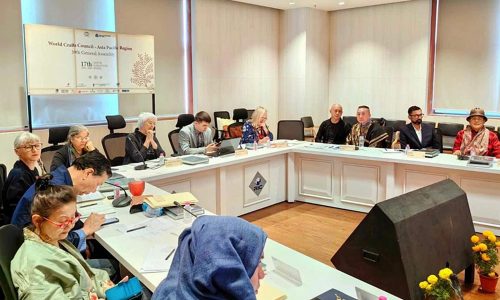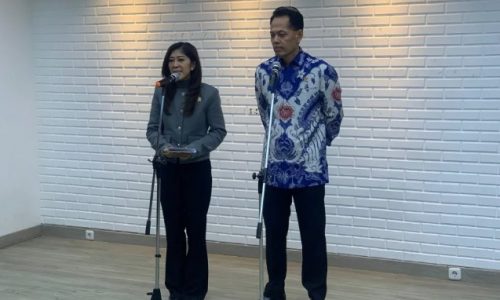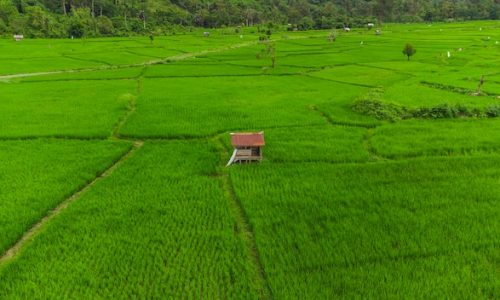In an effort to meet global demand for electric vehicles, the Governments of Indonesia and South Korea inaugurated the Battery and Electric Vehicle Ecosystem in Karawang, West Java, on Tuesday, July 2, 2024.
Coordinating Minister for Maritime Affairs and Investment, Luhut B. Pandjaitan was present to accompany President Joko “Jokowi” Widodo at the inauguration ceremony.
“Thanks to our rich natural resources and investment in cutting-edge technology, Indonesia is poised to become a key player in the global supply chain for electric vehicles, from upstream to downstream, with an integrated ecosystem that involves international stakeholders,” Luhut said in a statement quoted on July 3, 2024.
“This strategic move will not only boost our economy, but also create thousands of jobs, driving innovation and skills development among our workforce,” he added.
Luhut said further that the inauguration is a vision comes true, as evidence of Indonesia’s commitment to innovation, environmental protection, job creation and economic growth.
“Today is important milestone in Indonesia’s journey towards sustainable development and technological advancement by inaugurating the lithium battery and electric vehicle ecosystem in Indonesia,” the minister said.
Indonesia has a target of 600,000 Battery Electric Vehicle (BEV) production capacity by 2030, so the production of Hyundai’s Kona Electric sedans of 50,000 units per year will add significantly to Indonesia’s production capacity. This production is estimated to reduce CO2 emissions by around 160 thousand tons per year, reduce fuel imports by 45 million liters per year, and fuel subsidy savings of up to Rp131 billion (US$ 8 million) per year, and will increase with the number of vehicles in distribution.
In addition, with the use of domestically produced LG batteries in Kona Electric, the local content (TKDN ) value of electric vehicle which was originally 40 percent can rise much higher, approaching 80 percent. This is the first step to encourage increase in added value from the domestic industry.
“The establishment of this lithium battery ecosystem and electric vehicle industry not only positions Indonesia as a leader in the region, but also underscores our dedication to reducing carbon emissions, improving air quality, and enhancing the quality of life of our citizens,” Luhut said.



